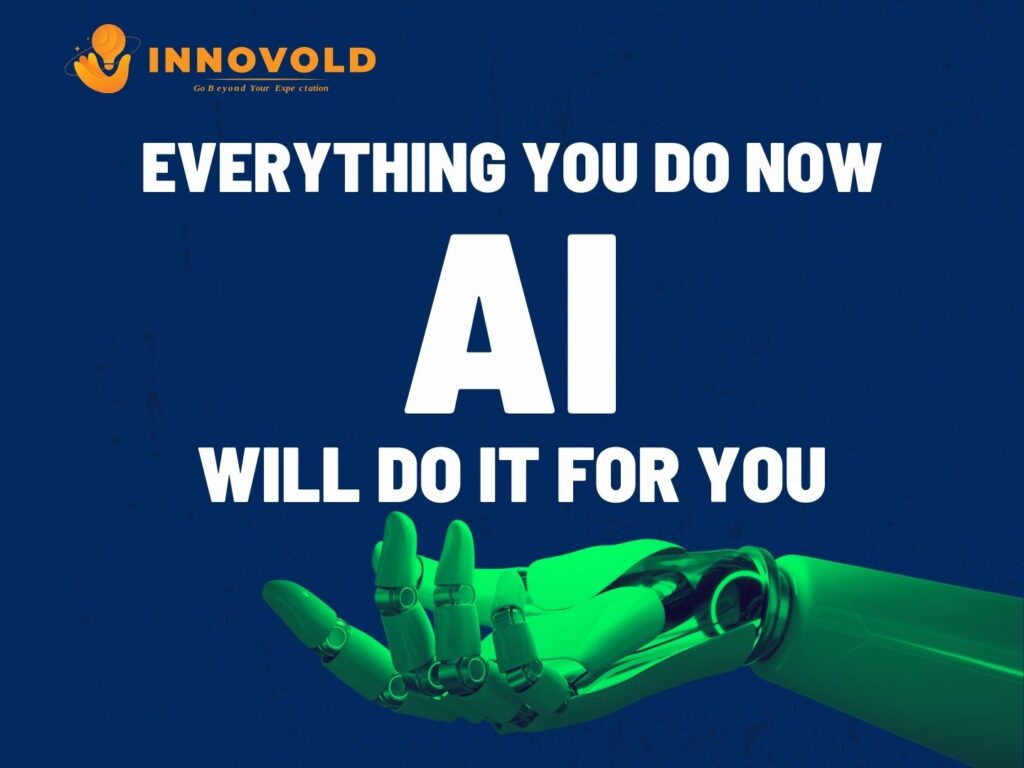In the vast landscape of digital marketing, the intersection of artificial intelligence (AI) and search engine optimization (SEO) stands as a beacon of innovation and efficiency.
As technology continues to evolve, so do the strategies and tools employed by businesses to enhance their online visibility and reach. At the heart of this evolution lies AI, a powerful force reshaping the way websites are optimized for search engines.
In this article, we delve into the profound impact of AI on SEO, exploring its historical context, modern applications, challenges, and future trends.
Table of Contents
Historical Context
To comprehend the significance of AI in SEO, we must first journey back to the origins of both disciplines. SEO, as we know it today, emerged alongside the rise of search engines in the late 20th century.
Initially, SEO practices relied heavily on keyword stuffing and backlink manipulation to boost rankings. However, as search algorithms evolved, so did the need for more sophisticated approaches.
Simultaneously, the development of AI technologies paved the way for groundbreaking innovations across various industries. Early applications of AI in SEO were limited, but the potential for leveraging machine intelligence to streamline optimization processes was evident.
The Role of AI in Modern SEO

Fast forward to the present day, and AI has become an indispensable tool in the arsenal of digital marketers. Transitioning smoothly, AI optimizes content, improves user experience, and predicts search trends with remarkable accuracy.
Natural Language Processing (NLP) algorithms decipher the nuances of human language, enabling websites to produce high-quality, relevant content. Machine learning algorithms analyze vast datasets to identify patterns and optimize strategies dynamically.
AI Technologies in SEO
At the core of AI-driven SEO lies a myriad of cutting-edge technologies. From NLP to deep learning and neural networks, these advancements empower marketers to extract actionable insights from data and adapt their strategies in real-time.
By harnessing the power of data mining and analysis, businesses gain a competitive edge in the ever-evolving digital landscape.
Applications of AI in SEO
AI’s influence permeates every facet of SEO, from keyword research to on-page optimization and beyond.
Through sophisticated algorithms, marketers can uncover hidden opportunities, tailor content to specific audience segments, and monitor rankings with precision.
As voice search continues to gain prominence, AI-driven strategies enable websites to optimize for natural language queries effectively.
Challenges and Ethical Considerations
Despite its myriad benefits, the integration of AI in SEO poses unique challenges and ethical dilemmas.
Algorithmic biases, privacy concerns, and the need for human oversight underscore the importance of responsible AI usage.
Marketers must navigate these complexities with caution, prioritizing transparency and ethical practices to maintain trust and credibility.
Future Trends and Possibilities
Looking ahead, the future of AI in SEO appears promising, with continued advancements poised to revolutionize the digital landscape.
As AI technologies mature, we can anticipate greater integration with other marketing strategies, enhanced personalization, and deeper insights into user behaviour.
Embracing these trends empowers businesses to stay ahead of the curve and deliver unparalleled value to their audience.
3 Essential tips for improving SEO
Focus on High-Quality Content
Content is the cornerstone of SEO. Create informative, relevant, and engaging content that addresses the needs and interests of your target audience.
Incorporate keywords strategically, but avoid keyword stuffing, as it can harm your rankings. Aim to provide value to your readers, and your content will naturally attract links and shares, boosting your site’s visibility on search engines.
Optimize for Mobile
With the majority of internet users now accessing content via mobile devices, optimizing your website for mobile is crucial for SEO success. Make sure your website runs quickly and is responsive on mobile devices.
Optimize images and use responsive design principles to provide a seamless user experience across all screen sizes. Google’s mobile-first indexing prioritizes mobile-friendly websites, so investing in mobile optimization is essential for improving your SEO rankings.
Build High-Quality Backlinks
Backlinks remain a vital ranking factor in SEO. Focus on earning backlinks from reputable websites within your industry or niche. Quality matters more than quantity when it comes to backlinks, so prioritize building relationships with authoritative websites that can provide valuable links to your content.
Consider guest blogging, influencer outreach, and creating shareable content to attract natural backlinks to your site. Regularly monitor your backlink profile and disavow any spammy or low-quality links that could harm your site’s credibility with search engines.
Implementing these tips can help enhance your website’s SEO performance and increase its visibility in search engine results pages (SERPs). By focusing on high-quality content, optimizing for mobile, and building authoritative backlinks, you can improve your site’s rankings and attract more organic traffic over time.
Conclusion
In conclusion, the rise of AI in SEO represents a paradigm shift in the way we approach digital marketing. Through the use of artificial intelligence, enterprises can discover novel prospects for expansion, significance, and interaction.
As we navigate the complexities of this evolving landscape, one thing remains clear: the synergy between AI and SEO is reshaping the future of online visibility, one algorithm at a time.




